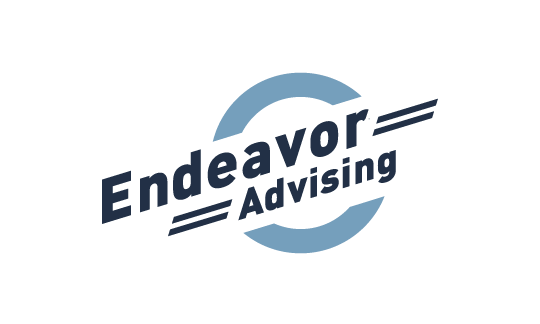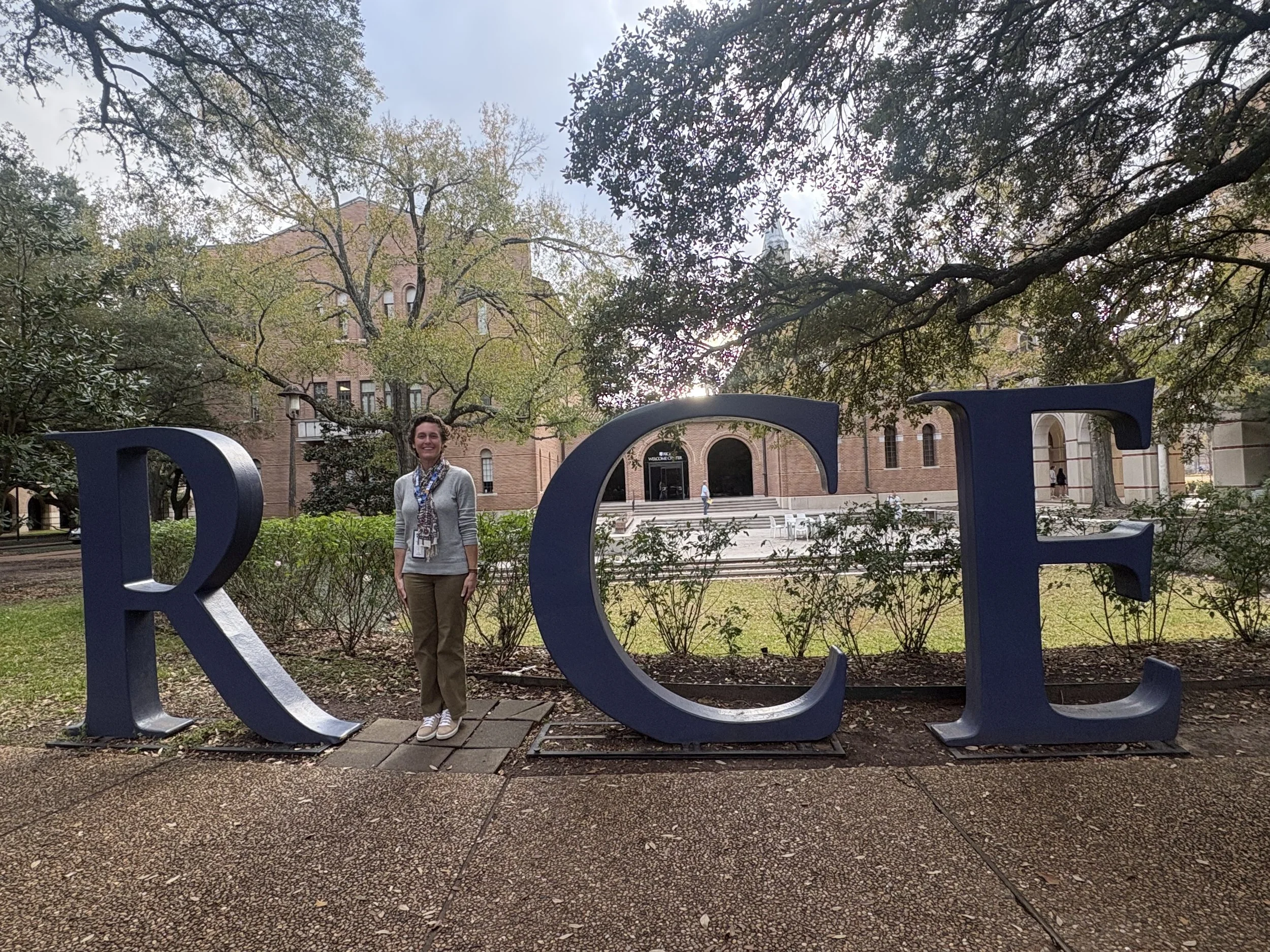There can be a lot of stress surrounding college essays. Some students initially think they must have done some world-changing thing to write a meaningful essay. Some think that only trauma or overcoming a major life challenge will hit the mark.
We work hard to help students think about the things that are important to them, not what they think they should write about. We spend an entire meeting talking through brainstorming activities they complete, often going on tangents into totally unexpected territory….which is often where the best stories are waiting.
When students find a story they want to tell, their voices change and their eyes light up. What matters to them is what’s meaningful. What they have to say about it is what hits the mark. And what they come up with is awesome.
Here, in their own words, are some of the things our Class of 2024 chose to write about!
They wrote about assessing what’s truly important:
“I've come to appreciate that true greatness lies not only in athletic achievements but also in the qualities and characteristics that make a person exceptional on and off the field. Some of the characteristics you don’t see on a baseball card are the work ethic of a player, the dedication he has to his team, and the leader he is in the clubhouse. These traits not only make good ballplayers but great people as well. This realization led me to contemplate what would be absent from my own trading card— the aspects of my life that may go unnoticed and defy stereotypes.”
They wrote about social change they’d like to see:
“Sex Education (excuse me, “Family Life") in middle school is always full of giggles and side glances, but all I remember is how devoid it was of things I actually wanted to know about. I’m sure I’m not alone when I say, especially as I get closer to adulthood, that I wish topics such as masturbation, tampons, and birth control were covered in a safe environment in efforts to normalize them. Even in 2023, many view such female matters as improper to discuss or even taboo. In contrast, I have always known much more than I wanted to about men's sexual parts and affairs from years of absorbing boys’ loud conversations and the sex ed curriculum originally constructed through the conceptual “male gaze”.”
They wrote about the origins of their curiosity:
“While it may not have been the safest experiment for an eight year-old to conduct, making a flamethrower helped quell my rampant curiosity. It started with my parents buying me a plasma ball for my eighth birthday. While messing around with it, I found that by placing a coin on the ball and hovering my finger above the coin, electricity would arc between them. This phenomenon led to me conducting experiments to aid in my understanding of it. Initially, these experiments tested the conductivity of different materials, but eventually my curiosity led me to question the effect of changing the medium the electricity traveled through. To test this, I decided to change the medium from air to cologne by spraying the cologne through the arcing electricity. The cologne immediately combusted, and I stood stunned, in awe, but this feeling quickly disappeared as the pain of burning my hand set in.”
They wrote about things they do simply for pleasure:
“To me, my living room becomes another world. To others, I’m just flailing my arms. Immersed in VR, I slice blocks to the tune of Jaroslav Beck’s “Unlimited Power”. None get past my chaotic dancing, as Beat Saber helps me unwind and focus on the present.”
They wrote about what they’ve learned from TV:
“My favorite sitcom “The Good Place” takes place in a neighborhood where the people who have been good during their lives go after they have passed. Adventures begin after one of the characters, Eleanor Shellstrop, realizes that she’s been placed there by mistake. When I observe the characters of this lighthearted-yet-philosophical show, I am surprised to see different aspects of myself reflected back at me.”
They wrote about what they’d show a visitor to their hometown:
“As a year-round club swimmer and lifeguard, I’d take you on a tour of Hampton Roads aquatic centers. These pools may all structurally seem similar, however, my personality is different at each.”
They wrote about what makes them unique:
“I Am the Messenger by Marcus Zusak; Atonement by Ian McEwan; The Borrowers novels by Mary Norton; The Waves by Virginia Woolf; Strangers I Know by Claudia Durastanti; Ferdinand by Munro Leaf. All of these books, among many others, have been staples on my bookshelf, and they have given me an unparalleled understanding of the human experience. Because I found my passion for reading at such a young age (when my father read the Narnia Chronicles to me as a kindergartener), literature has been one true, constant comfort in my life; I find that I view the world through my relationship to books.”
They wrote about how they help empower others:
“The past 4 years of my life have given me a whole new perspective on the world. When I was living in [foreign country], I only understood my own perspective and was relatively ignorant to others. Moving from [a foreign country] (a predominantly white country) to Norfolk, Virginia (a very racially diverse place) taught me a lot about different cultures and the various struggles minorities face. Gaining this knowledge of other people’s cultures and perspectives allows me to be empathetic towards people of different and especially underrepresented backgrounds.”
They wrote about the places they’d like to see in the world:
“When I ask my mom to tell her story again, her eyes gloss over as if she is no longer in our living room but is instead studying abroad in East Grinstead, West Sussex, England. I listen with curiosity and longing as she describes the old buildings, stone fences, and brick roads that seem to transport people to the age when they were first constructed in the 13th century.”
They wrote about why they enjoy the activities they do:
“SHOT!! I yell just as one of the attackmen tries his hardest to get a ball into the net behind me. The defense listens to everything I say. Every move on the field needs to be seen, accounted for, and deciphered. Within half a second the ball has arrived, and I explode with every ounce of energy that is left, making the save and instantly yelling for the defense to break away and get open. This is what has made me fall in love with lacrosse– the teamwork, the physical and mental strain, and most of all, making the save when it counts most.”
They wrote about places that are important to them:
“The places where you spend time can reflect back onto your personality and define character. Because you have so little time in life, it's important what you do with it and where you spend it. A few places that are meaningful to me are the gym, church, and my backyard. They are meaningful because I have learned so much from each one.”
Interested in college essays or applications advising for your student? Check out our services here.




